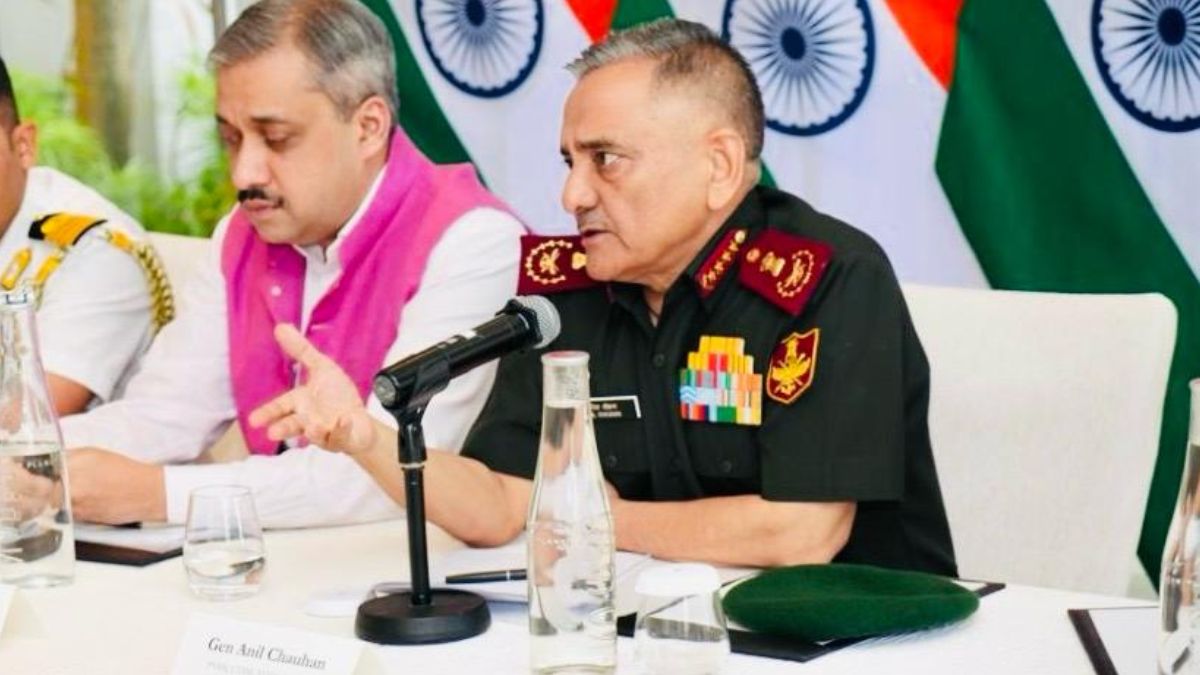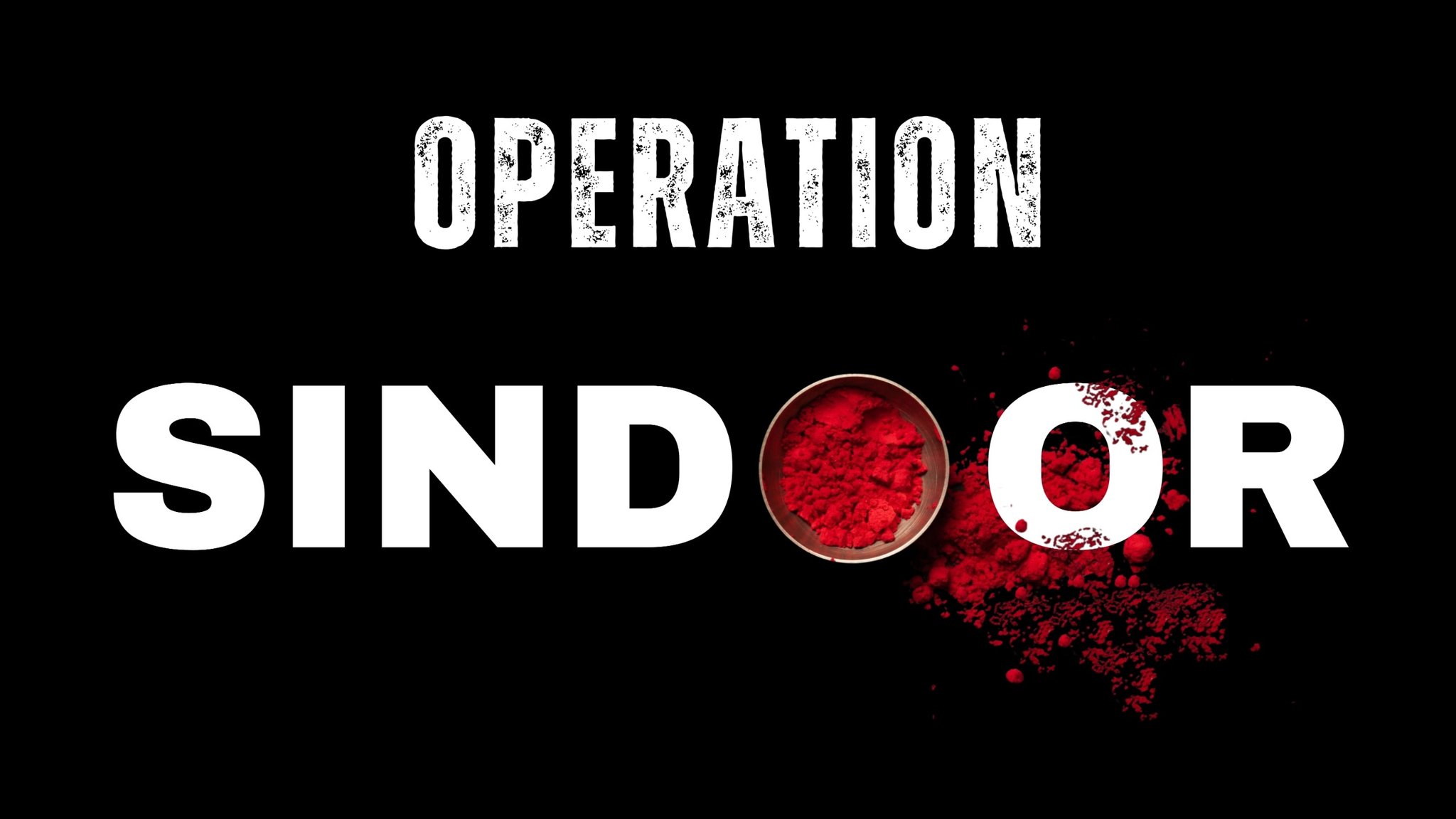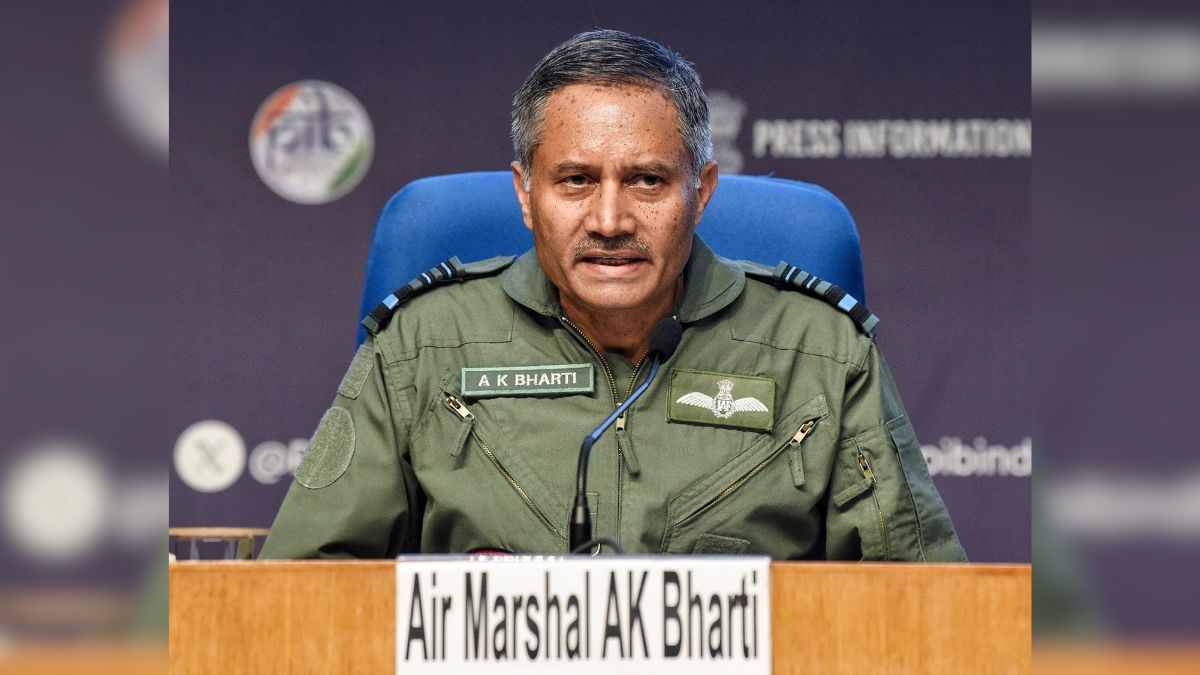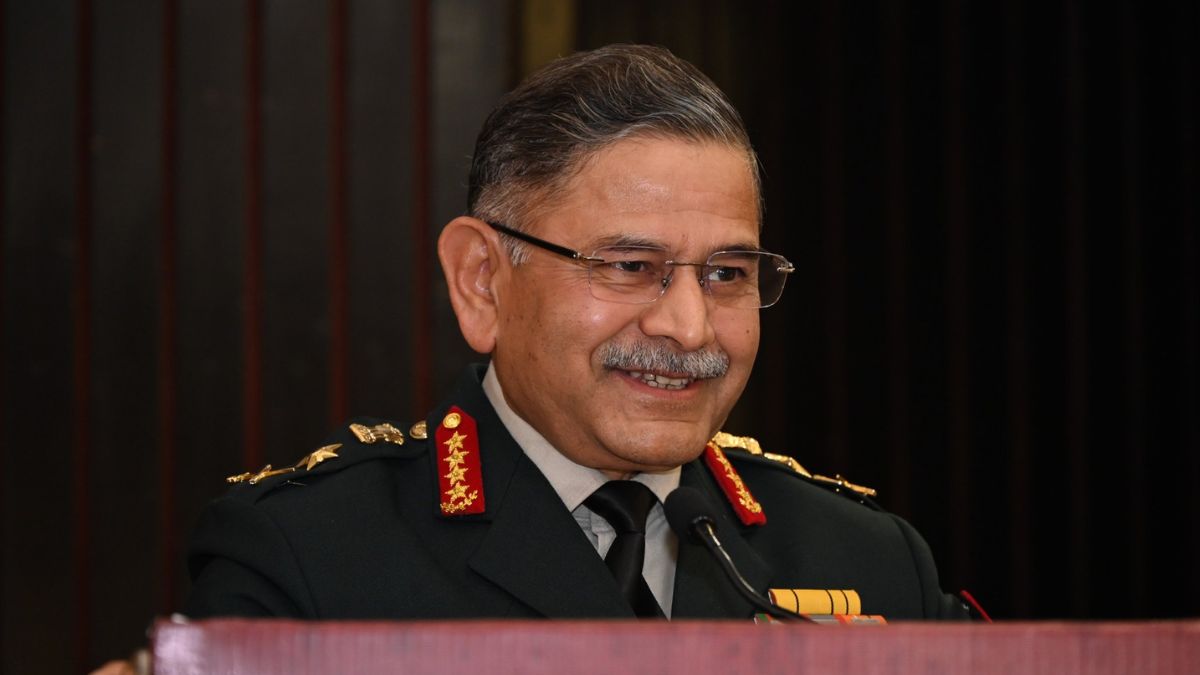India’s CDS Admits To Losses During Op Sindoor, But Armed Forces Achieved Decisive Advantage

CDS General Anil Chauhan said that the changing character of warfare is reshaping global power equations. Image courtesy: X.com/@HQ_IDS_India
India suffered losses during Operation Sindoor, but the armed forces achieved a decisive advantage after refining their tactics after the May 7 strike on terror infrastructure inside Pakistan to hit 11 air bases across the border, Chief of Defence Staff General Anil Chauhan said.
General Chauhan, who was attending the much-sought Shangri La Dialogue in Singapore, spoke to international media on the sidelines of the geopolitical event when he said the question was not about India’s fighter jets being downed, but how Indian Air Force leadership rectified their tactical mistakes of May 7 to operate all types of its fighter aircraft and ordnances to strike at Pakistan’s airbases.
“What was important is, why did these losses occur, and what we’ll do after that,” he said during the interviews on the sidelines of the Shangri-La Dialogue security forum in Singapore, referring to the Pakistani claim of downing jets.
“So we rectified tactics and then went back on the 7th, 8th, and 10th in large numbers to hit air bases deep inside Pakistan, penetrated all their air defences with impunity, carried out precision strikes,” General Chauhan said.
“The air force went into a thought mode, they rectified their tactics and flew again all types of aircraft carry all types of ordnances to hit Pakistan air bases with pinpoint accuracy and within the mean point of impact, ensuring none of them (ordnances) would go astray and land at the places we desired,” he said in those interviews.
India’s Chief of Defence Staff also rubbished the nuclear threat to the region during Operation Sindoor, claiming that it was his personal view that the most rational people are those in military uniforms when conflicts take place.

“They (uniformed military personnel) understand the conflict can swing either way. They understand the consequences of the conflict. In every step, I found both sides displaying rationality in their thoughts and actions. Why should we assume either side will be irrational?
“During this operation, I found both sides displaying a lot of rationality in their thoughts as well as actions. So why should we assume that in the nuclear domain there will be irrationality on someone’s part?”
He also said: “There is a lot of space before the nuclear threshold is crossed, a lot of signalling, but nothing of that happened. There is a lot of space for conventional operations and this will be the new norm (India’s military response to terror attacks.”
After The Resistance Force (TRF), a sub-group of the Lashkar-e-Taiba, killed 26 civilians at Pahalgam in Jammu and Kashmir on April 22, India launched its Operation Sindoor and took out nine terror camps inside Pakistan and Pakistan-occupied Kashmir on May 7.
Pakistan retaliated with military strikes on civilians and military infrastructure, which resulted in some losses of civilian lives and military personnel. However, on May 10, the two sides discussed and agreed to a ceasefire. Recent reports have suggested that there has been a significant drawdown of forces from each other’s borders after the ceasefire announcement.
India, right from the start of the May 7 operations, has maintained that its targets were terror camps and not Pakistani military infrastructure. New Delhi has also said it ramped up the escalation ladder only in response to Pakistani military reactions over four days till May 10, including hitting and destroying Pakistani airbases, including locations of Chinese-origin air defence systems, runways, and ammunition dumps.
India’s Director General of Air Operations, Air Marshal AK Bharti, had told a press conference on May 11 that “losses are a part of combat” and that India had downed some Pakistani jets. He also noted that all the IAF pilots had returned home safe.

Pakistan denied it had lost any of its air assets, but accepted the strikes on its air bases and air defence systems during India’s Operation Sindoor. At least one of the Indian attacks on an air base was close to a Pakistan nuclear facility, media reports had previously claimed. However, India has denied that it targeted Pakistani nuclear facilities.
On reports of China supporting Pakistan militarily during Operation Sindoor, Chauhan said that although Pakistan was an ally of China, there was no sign of any actual help from Beijing during the conflict.
“While this was unfolding from April 22nd onwards, we didn’t find any unusual activity in the operational or tactical depth of our northern borders (with China), and things were generally all right.”
Asked whether China may have provided any satellite imagery or other real-time intelligence to Pakistan during the conflict, Chauhan said such imagery was commercially available and could have been procured from China or other sources.
He added that while hostilities had ceased, the Indian government had made it clear it would “respond precisely and decisively should there be any further terror attacks emanating from Pakistan.”
General Chauhan also noted that India’s response to terror attacks would have “its own dynamics” for India’s armed forces. “It will require us to be prepared 24/7.”






